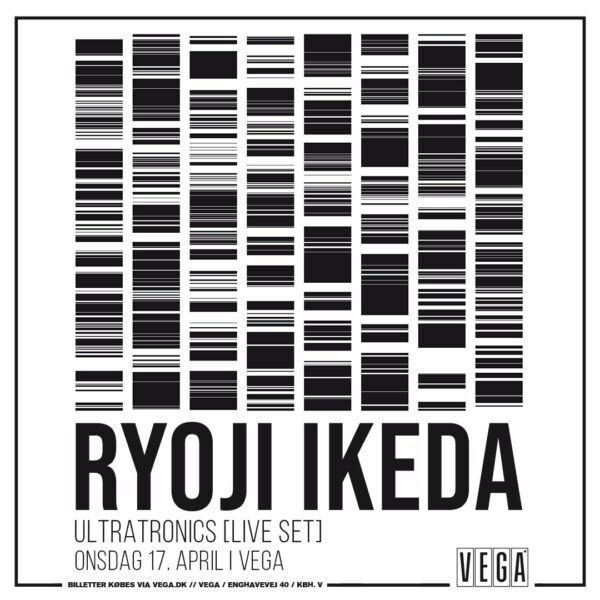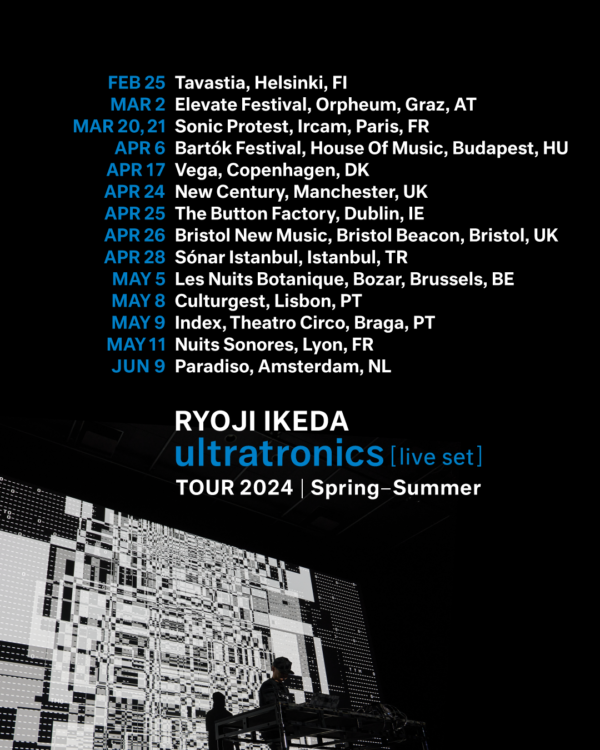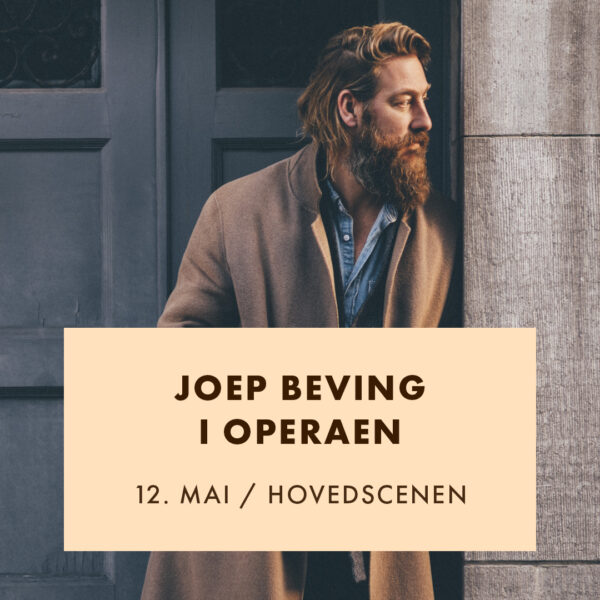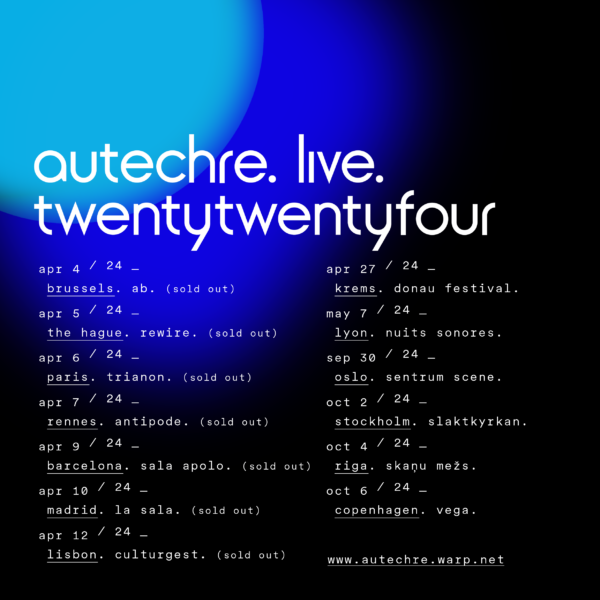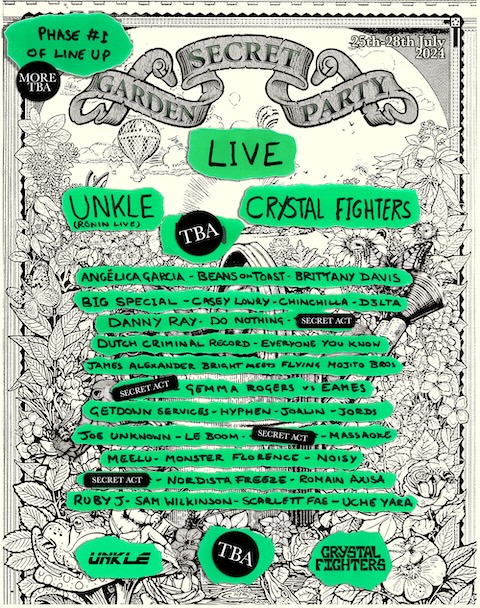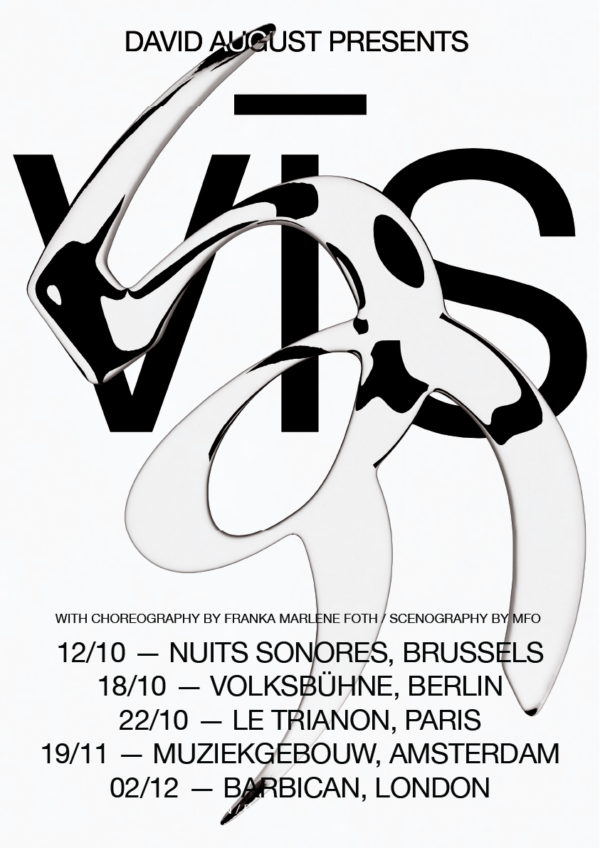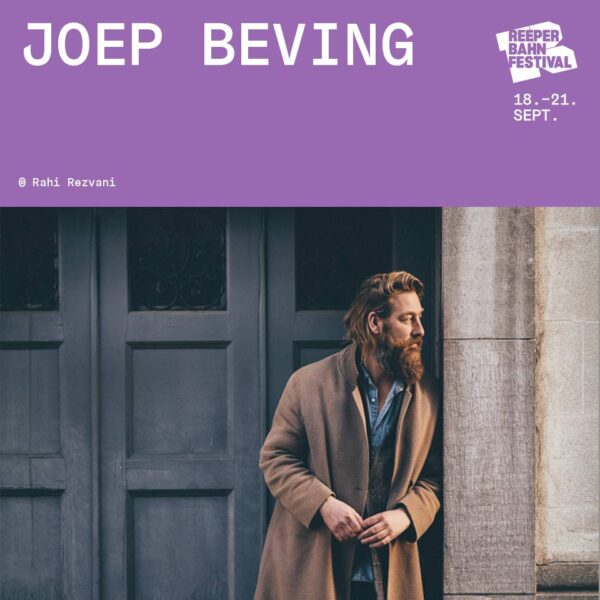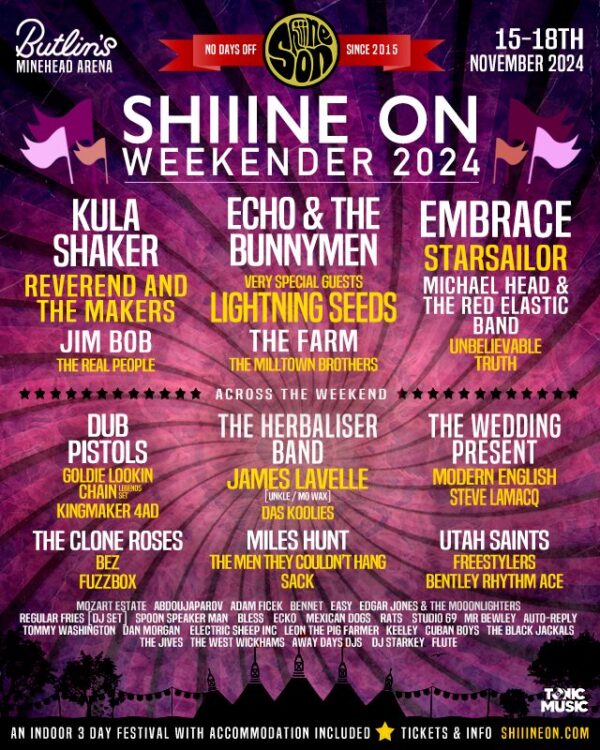The album sees the electronic producer and Warp Records veteran equip himself with a new arsenal of weapons. While he’s used vocals in his work before (notably his exceptional collaborations with Martina Topley-Bird on 2012’s Iradelphic), Death Peak weaves vocal and choral elements into his work (a children’s choir in “Catastrophe Anthem”, the angelic coos of “Aftermath”). Much of this experience could have come from his recent soundtrack work, such as a production of Macbeth at the Young Vic in 2015, the cinematic score for Sky Atlantic’s The Last Panthers in 2016, and – most recently – BBC crime drama Rellik. This year he’ll bring that on tour combining contemporary dance choreography with Clark’s music, working with frequent collaborator and partner Melanie Lane.
Currently partway through a marathon international tour (some of which saw the producer combine the contemporary dance choreography of frequent collaborator Melanie Lane with his own rave belters), Clark contributed to our latest Dazed Mix and told us about the ideas behind Death Peak.
Clark: I’ve often used vocals in the past but this record it all seemed to cohere as a constant element. I didn’t want any one track to be ‘the big vocal one’; rather it was more about it being a background thread, vital but not given immediate priority over other voices. It’s also just a thrill to record other people and allow that collaborative space to furnish you with new ideas.
I always think of your music as being quite earthy and ancient, despite it obviously being electronic and modern. Do you ever think about those sorts of ideas when you’re making tracks?
Clark: I like the idea of excavation, that you have to go on this massive quest to unearth something ancient and buried before you can really glean it’s relevance/worth. Music feels like that. Obviously the metal/music detector will throw up a lot of junk as well and you just have to feel 100% fine with deleting that music.
I enjoy it, I enjoy this thing of total non-self-censorship in the creation process followed by a very tough-minded, thick-skinned approach to the edit. I think that combo is a total winner, and it continues to work for me. As you get older you realise what your process is more – you realise what is obtuse and unhelpful, you realise what is lucid and strong, and what generates the results that satisfy you – and it’s these two things that really work me for me. Boundless range and expression in the act of creation and perfectionist tough minded approach in the edit. I enjoy the stage where you can laugh and say, ‘No, fuck that, not good enough, no way’ – it’s a sign you’re getting better and more brutal with your own standards. I think I’d be terribly unpopular if was to be in A&R.
Anyway, it’s usually the tracks I enjoyed making the most are the best ones. But the thing is, I enjoy making everything, so it’s quite annoying sometimes whittling an album down and getting it tight as fuck. No flab.
Death Peak has quite a gothic overtone as a title. What’s the imagery it makes you think of?
Clark: It’s me as T-800 being mashed in with the anvil at the end of T2. On acid.
Did working on things like The Last Panthers change your approach to production and writing?
Clark: It definitely did. It made me appreciate how much fun writing solo records is, and also gave me a chance to explore a totally different palette, using orchestral instruments and tweaking them out. I definitely want to do more of this. It made me enjoy space and texture more also. ‘How you can create intense music without using any metronomic cliches?’ But every record is a learning process, really.
Given we’re in a ‘post-Brexit age’, what does the Death Peak track title ‘Un U.K.’ mean to you?
Clark: I just discovered an old version of the vocal take of the kids choir singing ‘no going back in time will tell all of us.’ I think that probably says it all. I did a version with that lyric in, but it sounded a bit trite in a musical context – it sounded better without words. Music often does!
Some of your Death Peak live shows are going to feature an element of contemporary dance, choreographed by your wife. How does working with a partner on a creative project feel?
Clark: So much of the etiquette surrounding working with other people who you don’t know starts with a slightly frivolous courting ritual. It’s a bit of a tapdance. It’s the only way to get familiar really, but with Melanie we can just bypass all that and go straight to the substance of the work. It gives it a really thorough and obsessive energy; I suppose that comes out of our of kinship/shared tastes. I would love some of her old works to be shown again some day – they are still totally fresh/original compelling slabs of choreography, Tilted Fawn in particular. So many, she smashes them out
What’s going on in this mix?
Clark: It’s a load of my mates tracks that haven’t been released yet, and a few of mine as well. I enjoyed stitching it all together. It covers quite a few styles!
Clark is touring Europe this autumn, including a date at London’s Printworks on November 18
